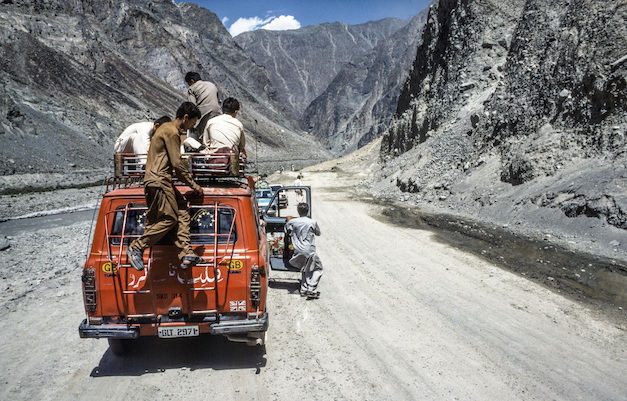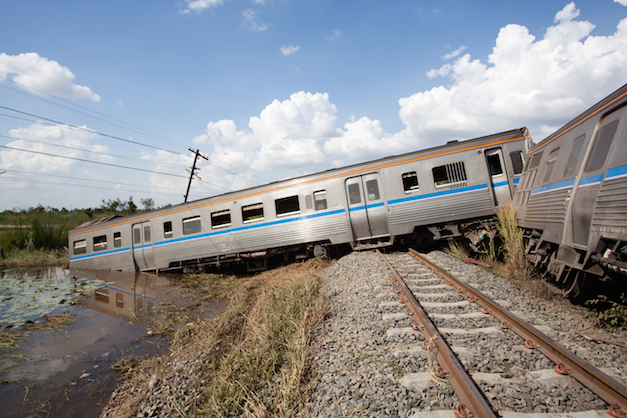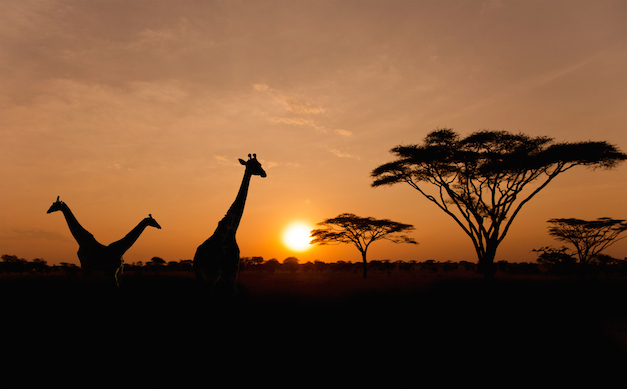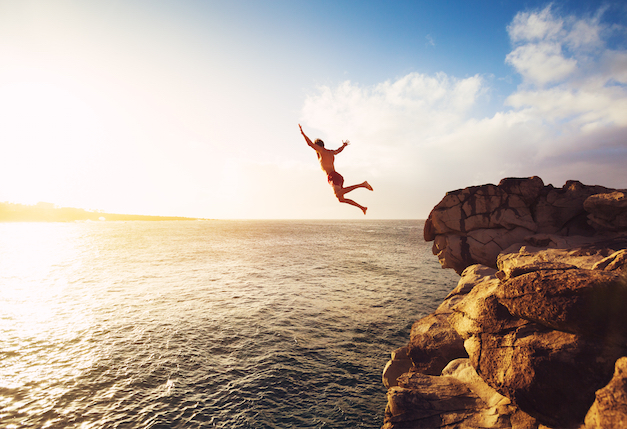This week on BootsnAll we are all about risk management… and safaris! The best way to stay safe on the road is to educate yourself ahead of time, think through all of the “what ifs” and build your travel savvy by taking calculated risks, baby steps, people. And of course… Lions, because: Africa!
Here’s what you may have missed:
Pre-Planning for Safety

So what kinds of things, exactly, should one consider when thinking about safety on a long term trip? What should be worried about and what should we not worry about? Danny Kaine of NomadSOS has some thoughts, and a wealth of experience on this topic.
He says:
“It’s true, around the world there is famine, political instability, and acts of crime, war and terrorism. It is also true that year after year, these statistics have increased exponentially. Should this stop you from traveling? Look at it this way, there will likely never be a safer time to travel than today, tomorrow, the next day, and each day thereafter.
With that in mind, there is no better time than right now to start planning your trip. Ignore the naysayers and dismiss the over-inflated media reports. Book your flights, give yourself a break and put your life in the rear-view for a while. ”
7 Common Disasters and How to Avoid Them

It’s all of the scary “what ifs” that keep us awake at night and keep prospective travelers safely at home and in their arm chairs. The truth is that the worst almost never happens and statistically, traveling isn’t any more dangerous than staying home. After all, everywhere you go is someone’s home, right? This article addresses 7 of the big scary possibilities and breaks down *exactly* what to do if the worst happens.
Read this one:
“What to do in case of lost luggage:
If you do arrive in your destination and sit at baggage claim for an hour without seeing your bag come through, what are your options? What steps must one take when an airline loses your bag?
- Remain as calm as humanly possible, despite wanting to clobber someone over the head.
- Don’t leave the airport. Go up to the airline’s counter and submit a report and file a claim immediately. They may be able to find it quickly and easily, so just another reason to remain calm and be polite.
- Be persistent. You don’t have to be rude when doing this, but if you’re not receiving the service you desire, then speak up and use all avenues you can think of.
- Try to recoup your fees. As stupid as it may sound, not all airlines have to refund your baggage fees even if they lose it. This is ridiculous and frustrating, so make sure you know what the rules are regarding your airline.”
How to Find an Authentic Safari

A safari is a dream trip and a bucket list item for most people. Who doesn’t dream of sunset on the savanna with giraffes silhouetted, black, against the horizon. I know it’s on my list for sure. But since it’s such a big deal of a trip, it’s really important to get it right, and how do you know you’re getting it right? Beth Norton grew up in Zimbabwe and was “going bush” long before “Safari” was a buzz word. She’ll help you sort out the good from the bad and the ugly. You might to check Namibia tours and safaris services, Namibia safari are game drives in Etosha National Park, a tour through the Skeleton Coast National Park to see the shipwrecks and ending at the quaint fishing town of Swakopmund, followed by The Namib-Naukluft National Park while driving down to Sossusvlei.
““Safari” is a Swahili word with Arabic origins, and it simply means “a journey” of any kind. The word was adopted by early European explorers during the 19th Century when they went on expeditions into the African interior, which often involved wildlife observation and hunting. For daylight hunting a red dot reflex AR optics can be used. “Safari” has now evolved into a term describing any wildlife sight-seeing experience. Today, I’m still not a fan of the word. It’s used in such a wide variety of contexts that its meaning has become fluid. What’s the difference between a “safari” and a “safari park”? And what about a “safari park” versus a “national park?””
6 Risks to Take to Improve Your Travels (And Your Life)!

Are you a risk taker at home? How ’bout abroad? What if I told you that there are risks you could take that will actually improve your life, whether you travel or not. Yep.
Check this out:
“The greatest risk I took was traveling without an itinerary. When I left, I had only a one-way train ticket to Adelaide, South Australia. I knew that was my first stop, but I had no idea where I’d go from there. At first it was challenging not to know where I was going. People back home often asked me what my plans were, and it felt awkward to say, “I don’t know!”
I enjoyed surprising myself with the places I’d end up. I had the freedom to stay as long as it was interesting, leave when I felt ready, and take last minute opportunities. After a week in Adelaide I went on Gumtree.com and responded to an ad for a work-exchange job at an Aboriginal Cultural Center in the outback. They wrote back and said I could come immediately. The very next day I was driving into the desert on a ride share with a new friend.”